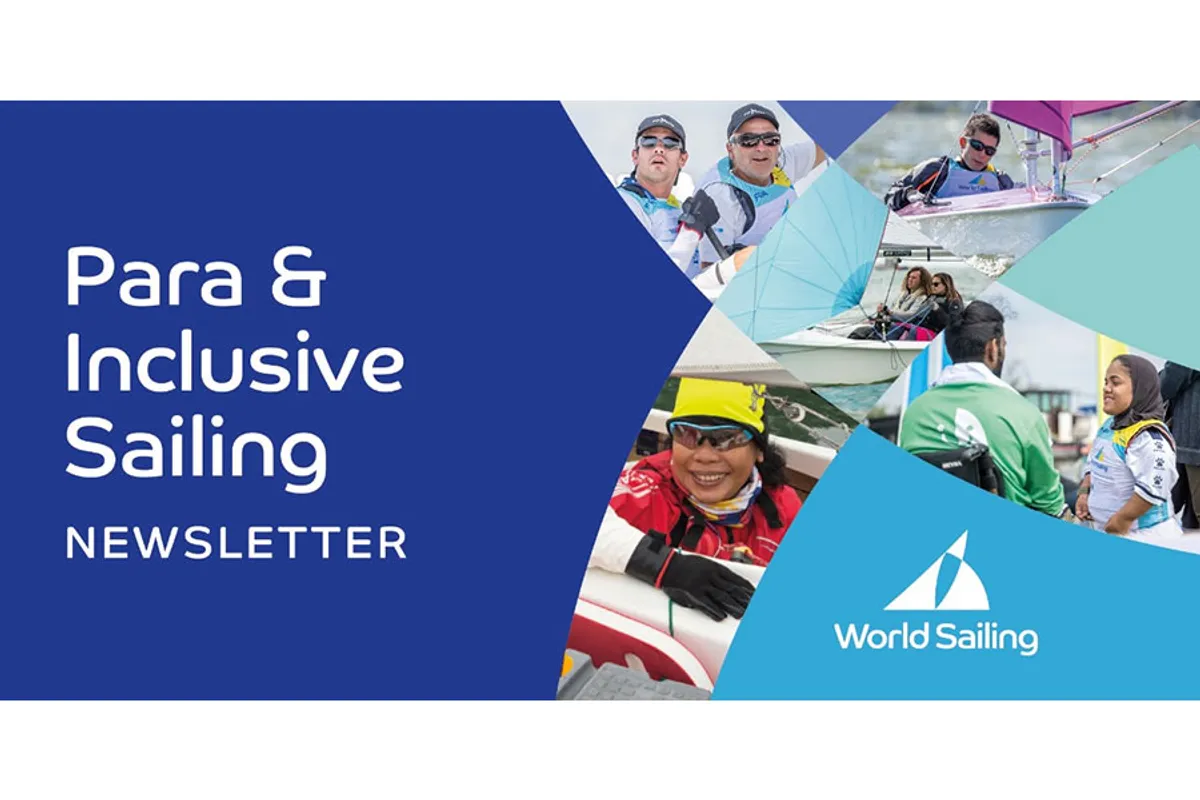The Hague to Oman - An August Reflection
Looking back over the last two years since I took on this role I’m struck by how much has changed for Para and Inclusive Sailing. The sport today feels stronger, clearer in its purpose, and far more connected to the wider Paralympic Movement than it was when we began this journey.
For me, the most important shift has been the adoption of the Para Inclusive Strategy, which has given us a framework to work from: inclusion, a modern vision, impact and social change, and Paralympic reinstatement. These pillars have shaped everything I’ve done in this role. They’ve helped us bring structure to governance, ensure fairness and transparency in classification, and create pathways that allow sailors from every background to see themselves in this sport for everyone.
One area I’ve invested a huge amount of energy in is classification. Aligning fully with the International Paralympic Committee (IPC) Athlete Classification Code, building better data systems, and training classifiers worldwide has given Para Sailing the credibility and integrity it needs. Without that, nothing else stands - it’s the foundation of Paralympic sport.
At the same time, I’m so proud of how much we’ve grown the Inclusive Development Programme (IDP). It’s become a platform that really changes lives - supporting emerging nations, creating coaching opportunities, and breaking down barriers for athletes who might never have had the chance to compete internationally. Coupled with the changes to our rankings and events, we’ve been able to show that Para Sailing isn’t just about elite competition, it’s about building a pathway that truly includes everyone.
I believe Para Sailing has so much to offer the Paralympic Movement. It’s a sport like no other - demanding strategy, skill, and resilience, and played out in a natural environment where athletes compete against the elements as well as each other. It is inherently inclusive, bringing together men and women, athletes with different impairments, and sailors from all corners of the globe. That mix of inclusivity and spectacle is exactly what strengthens the Games.
When I think about where this momentum really began, I always go back to The Hague in 2023, my first event in my role at World Sailing, and when Para classes were included in the World Sailing Championships for the first time. That was a turning point. It proved to the world - and to ourselves - that Para Sailing belongs right alongside our Olympic disciplines. It showed what true inclusion looks like, and it gave us the confidence to build on that foundation.
Now, two years later, we’re preparing for the World Sailing Inclusion Championships in Oman this December, our first global event fully dedicated to inclusion. For me, it feels like the next chapter after The Hague - a chance to show the world not only that Para Sailing is thriving, but that it is essential to the future of our sport. And of course, all of this is building towards our ultimate goal: reinstatement in the Brisbane 2032 Paralympic Games.
The journey is far from over, but the progress we’ve made together gives me real hope. From The Hague to Oman, and onwards to Brisbane, we are proving that Para Sailing is stronger than ever - and that it deserves its place on the Paralympic stage.
Happy sailing,
Hannah
